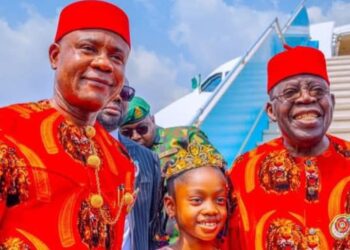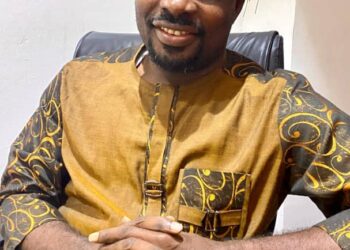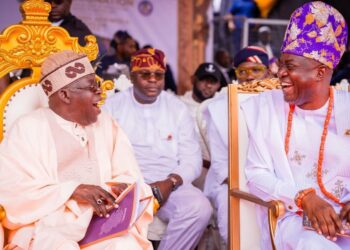
By Ibrahim Kegbegbe
As the July 12, 2025, local government chairmanship election approaches, the political atmosphere is already thick with anticipation, loyalties, and controversies. Two prominent pairs have emerged as the leading contenders for the coveted seat: Hon. Princess Omoba Adeola Alimat Adetoro and her running mate, Hon. Adeola Idowu Badru, flying the All Progressives Congress (APC) flag; and Hon. Kazeem Ganiyu Olarenwaju, popularly known as Onipako, with his vice, Hon. Temitope Aladesoun Olowu, representing the People’s Democratic Party (PDP).
This isn’t just another election—it’s a contest between political pedigree and street credibility, between elite grooming and grassroots connection.
Princess Omoba Adeola Alimat Adetoro brings with her the aura of royalty and aristocratic discipline. A descendant of a revered royal lineage in the region, her presence in politics evokes both admiration and skepticism in equal measure. Critics argue that her rise may be more about inherited prestige than democratic engagement. However, supporters point to her impressive academic background, philanthropic work in women’s empowerment, and capacity-building programs for youths within the community. Her running mate, Hon. Adeola Idowu Badru, a seasoned technocrat with years of experience in local governance, complements her with administrative knowledge and bureaucratic tact.
On the other side stands Hon. Kazeem Ganiyu Olarenwaju—Onipako to the masses. A man of the people, his political journey was forged on the dusty streets of activism. He is known for his populist rhetoric and hands-on engagement with market women, artisans, and transport workers. To some, he is the symbol of the underrepresented; to others, a firebrand whose tactics can be dangerously disruptive. His vice, Hon. Temitope Aladesoun Olowu, is a Telecommunications and Networking Operator, known for her inclusive education policies and robust community dialogue.
READ ALSO:Opinion: Peter Obi’s ‘Obidients’ Helped Tinubu Win—Here’s How
In a democracy, both backgrounds are valid—and necessary. Yet, the controversy lies in the question: Who truly represents the people? Is it the royal-born APC candidate who promises structured governance and continuity? Or the street-smart PDP flagbearer who channels the frustrations and hopes of the common man?
Analysts believe the electorate will be swayed not only by political party loyalty but also by the candidates’ track records, accessibility, and ability to navigate the complexity of grassroots development.
While the APC camp is banking on party machinery and the influence of traditional structures, the PDP is riding on populist momentum and dissatisfaction with the status quo.
As citizens prepare to vote, this election poses a litmus test for the maturity of our democracy—whether we will continue to elect leaders based on social status and affiliations or pivot toward performance, integrity, and the will of the majority.
READ ALSO:Family Announces Fidau Prayers for Late Sheikh AbdulMumin Oniwasi in Ilorin and Lagos
Whatever the outcome on July 12, one thing is clear: the future of local governance lies not in royal blood or street slogans, but in the candidate who can translate promises into tangible progress for the people.
















